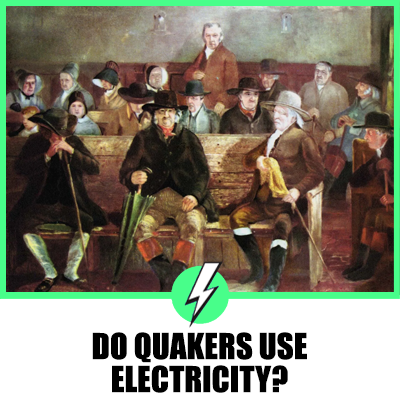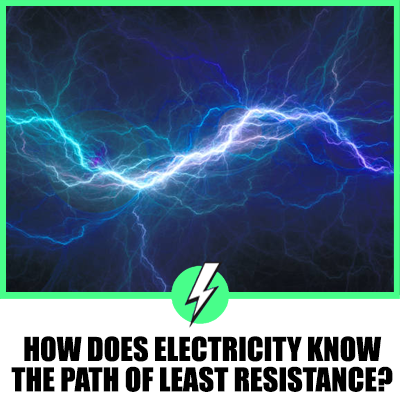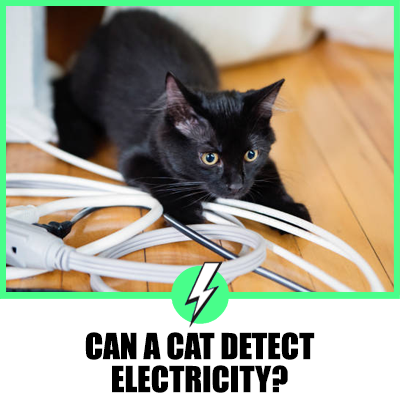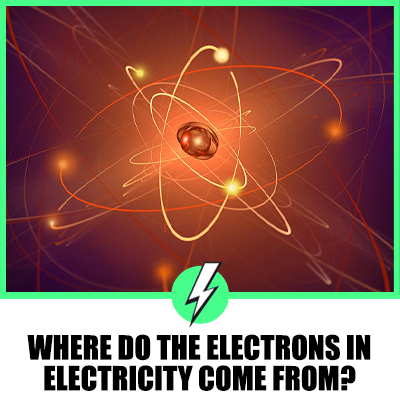Do Quakers Use Electricity? A Comprehensive Look into Quaker Lifestyle
The Quaker community, also known as the Religious Society of Friends, is a religious group that originated in England in the 17th century.
Today, they have a significant presence in both the United Kingdom and the United States.
Often confused with the Amish due to their shared roots in Christian Anabaptism, their beliefs and practices, particularly regarding technology and electricity, are quite distinct.
This article aims to clarify these differences and shed light on the Quaker and Amish perspectives on electricity and technology.

Contents
Do Quakers Use Electronics?
Yes, Quakers do use electricity and electronics.
Unlike the Amish, Quakers do not have religious prohibitions against using modern technology.
They use electricity in their homes, workplaces, and places of worship.
In fact, some Quaker congregations are known for their environmental advocacy, including the use of solar panels and non-nuclear, non-fossil energy sources.
For instance, one Quaker Meetinghouse was the first congregation in its town to apply for a grant and receive financial assistance for solar panels.
These panels now power most of their utilities, reducing their annual bill significantly.
This commitment to sustainable energy sources is a testament to the Quaker belief in stewardship of the Earth, a value shared by Quakers in both the UK and the US.
Why Do Amish Not Use Electricity?
The Amish community’s approach to electricity is more complex.
They generally avoid using power from the public grid due to a belief that too much reliance on public power ties one too close to the world.
They are cautious about worldly influences and ideas which may run counter to Christian values.
The Amish are careful about what they let into their homes, a fundamental sphere of Amish existence.
While they do not see much to fear in an electric iron or vacuum cleaner in and of itself, with electric sockets in the home, any of a variety of devices could be plugged in and used.
Electricity does not discriminate, and eliminating public power from the home prevents the temptation of using television, radio, and the internet in the home.
Additionally, too much reliance on labor-saving devices, Amish feel, may deprive children of character-building opportunities to work.
How Do Amish Live Without Electricity?
Despite abstaining from public power, most Amish do not see problems with using electric power in limited ways.
They use electricity for home lighting, operating appliances such as washing machines, powering equipment in a business, and providing light while traveling by buggy.
Amish generate power in various ways.
Some use gas for lighting or powering other appliances, while others rely on battery-powered lamps.
Some Amish also make use of solar power.
They often use electricity provided by diesel generators to power certain appliances.
Do Quakers Believe in Technology?
Yes, Quakers do believe in technology.
They see it as a tool that can be used for good or ill, and they encourage responsible, ethical use of technology.
Quakers do not have a unified stance on technology, and individual Quakers’ views on the subject can vary widely.
However, they generally do not reject technology outright like some Amish communities do.
Quakers in both the UK and the US have been known to use technology in innovative ways to further their religious and social goals.
For example, Quaker organizations use the internet and social media to spread their message of peace and social justice, and many Quaker meetings (congregations) use technology to facilitate community and worship.
Insights from Online Discussions
Online discussions reveal that there is a common misconception that Quakers, like the Amish, reject modern technology.
However, these discussions also highlight that Quakers are often at the forefront of advocating for environmentally friendly technologies, such as solar panels.
On the other hand, the Amish’s selective use of electricity is often misunderstood.
While they avoid public power, they do use electricity in limited and controlled ways.
Their approach to technology is not about rejecting modernity but about maintaining their values and way of life.
Conclusion
In conclusion, while both Quakers and Amish share a common heritage, their views on electricity and technology are quite different.
Quakers embrace modern technology, including electricity, while the Amish use it selectively to maintain their values and way of life.
Understanding these differences is crucial for anyone seeking to understand these unique religious communities in the UK and the US.





